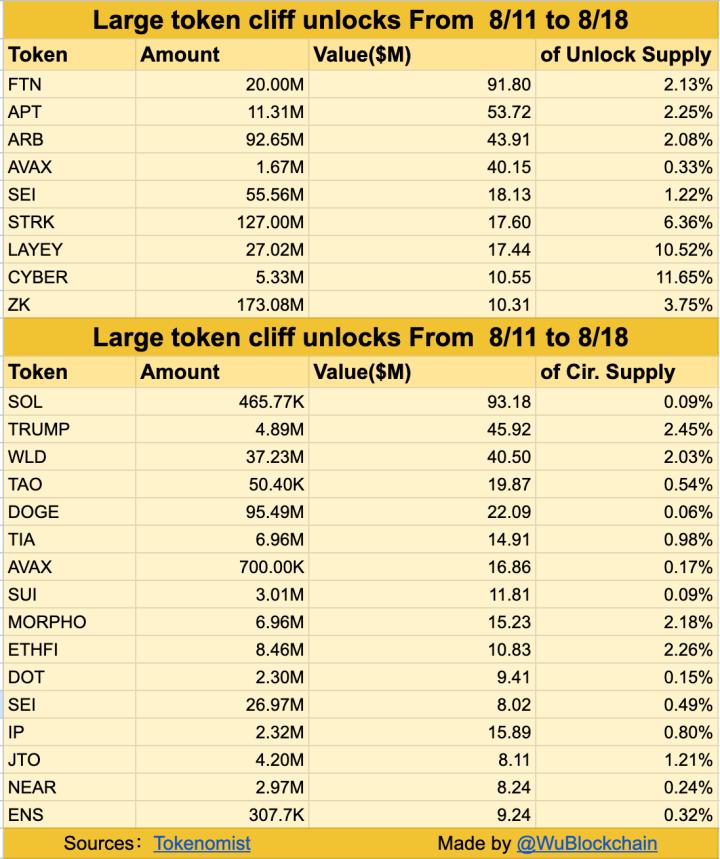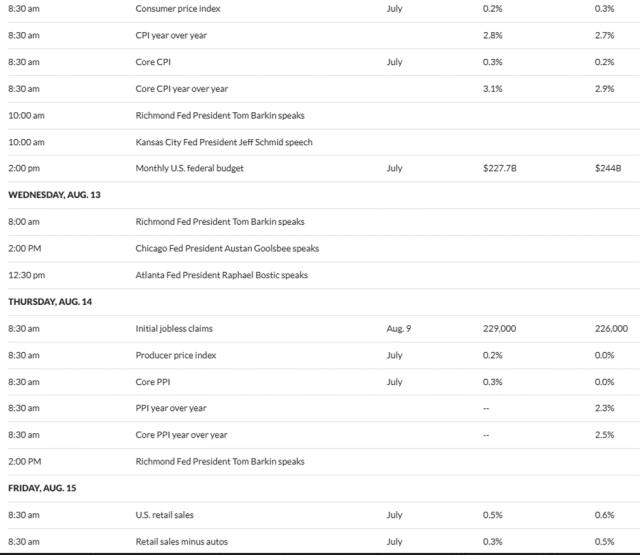President Donald Trump extends "tariff truce" with China for 90 more days, avoiding the risk of trade war reigniting.
In the final hours before the massive US import tariffs on Chinese goods risked being reimposed, US President Donald Trump signed an executive order extending the "tariff truce" with Beijing for another 90 days.
Previously, the temporary tariff suspension between the world's two largest economies was set to expire at 00:01 AM Tuesday Washington time (04:01 GMT). Without a timely move, US import tariffs on Chinese goods would have skyrocketed to 145%, while Beijing was expected to impose 125% on US goods – an escalation that could lead to a de facto "trade embargo".
Currently, imports from China are subject to a total tariff of 30%, including a 10% basic tariff and a 20% additional tariff related to fentanyl that Washington imposed in February and March this year. In response, China has also reduced import tariffs on US goods to 10% to maintain balance.
In a White House press conference, when asked about the truce extension plan, Trump briefly replied: "We'll see what happens. My relationship with President Xi is very good. They are working quite sincerely."
Internal sources indicate that part of the truce's objective is to create conditions for both sides to discuss broader issues, from agricultural trade (especially soybeans) to export control and handling production overcapacity.
Kelly Ann Shaw, a former White House trade official during Trump's first term, noted that this 90-day extension is "typical of Trump's negotiation style" – bringing everything to the brink to maximize leverage. She also predicted the White House might announce additional developments in bilateral economic relations as context for this decision.
Meanwhile, Ryan Majerus – a former US trade official now working at an international law firm – believes this move will help reduce tensions and maintain a positive negotiation environment. He emphasized that extending the time also opens opportunities for both sides to resolve long-standing issues and prepare for a "framework agreement" expected in the autumn.
Just one day before signing the extension, President Trump called on China to quadruple its US soybean purchases – a demand many experts doubt is feasible. Additionally, Washington is pressuring Beijing to stop oil imports from Russia, even warning of "secondary tariffs" if China does not change.









